
“Investigation cannot continue endlessly”: Supreme Court issues directions
“The accused cannot be made to suffer endlessly with this threat of continuing investigation and eventual trial proceedings bearing over their everyday existence.”

“The accused cannot be made to suffer endlessly with this threat of continuing investigation and eventual trial proceedings bearing over their everyday existence.”
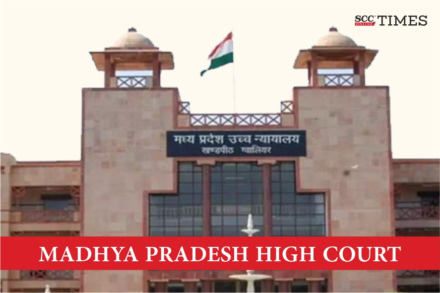
“The then SP Datia has no regards for the law of land, and he is in habit of functioning as a Police Officer according to his own whims and wishes, thereby giving a complete go-by to the law of the land.”
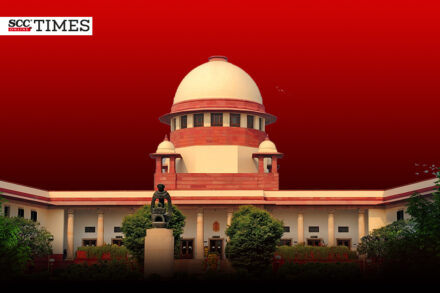
Once a person is arrested, his right to liberty under Article 21 is curtailed. When such an important fundamental right is curtailed, it is necessary that the person concerned must understand on what grounds he has been arrested.
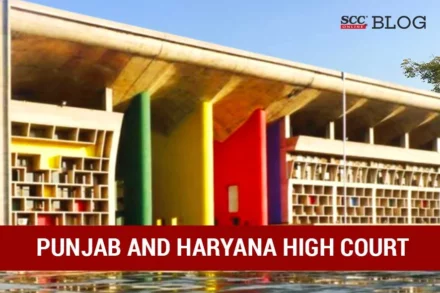
“The High Court balanced the right to privacy of police officials with the accused’s right to a fair trial, emphasizing that accessing electronic records crucial for defence did not compromise the former unduly.“
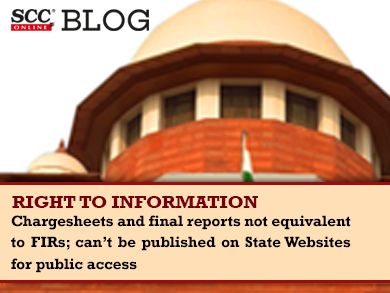
The prayer seeking free public access to chargesheets and final reports was made relying on ruling in Youth Bar Association of India v. Union of India, (2016) 9 SCC 473, wherein the Supreme Court had directed copies of FIRs to be published within 24 hours of their registration on the police websites or on the websites of the State Governments.
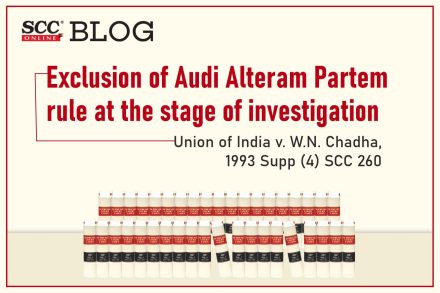
In Union of India v. W.N. Chadha,1993 Supp (4) SCC 260, the bench of S. Ratnavel Pandian and K. Jayachandra Reddy, JJ explained the exclusion of the application of the principle of audi alteram partem in relation to an accused at the stage of investigation.
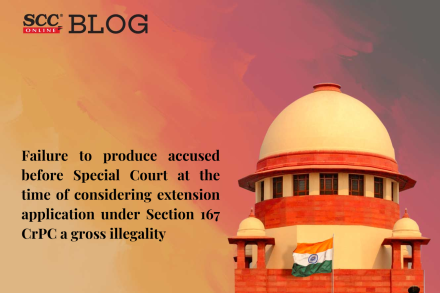
Supreme Court: The bench of Ajay Rastogi and Abhay S. Oka*, JJ has held that under Section 167 of the Code of
Patna High Court: A. M. Badar, J., granted bail to the person arrested on the basis of forcefully extracted confession made during
Punjab and Haryana High Court: B.S. Walia, J., held that merely informing that accused has rights under the NDPS Act, without specifying